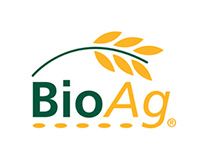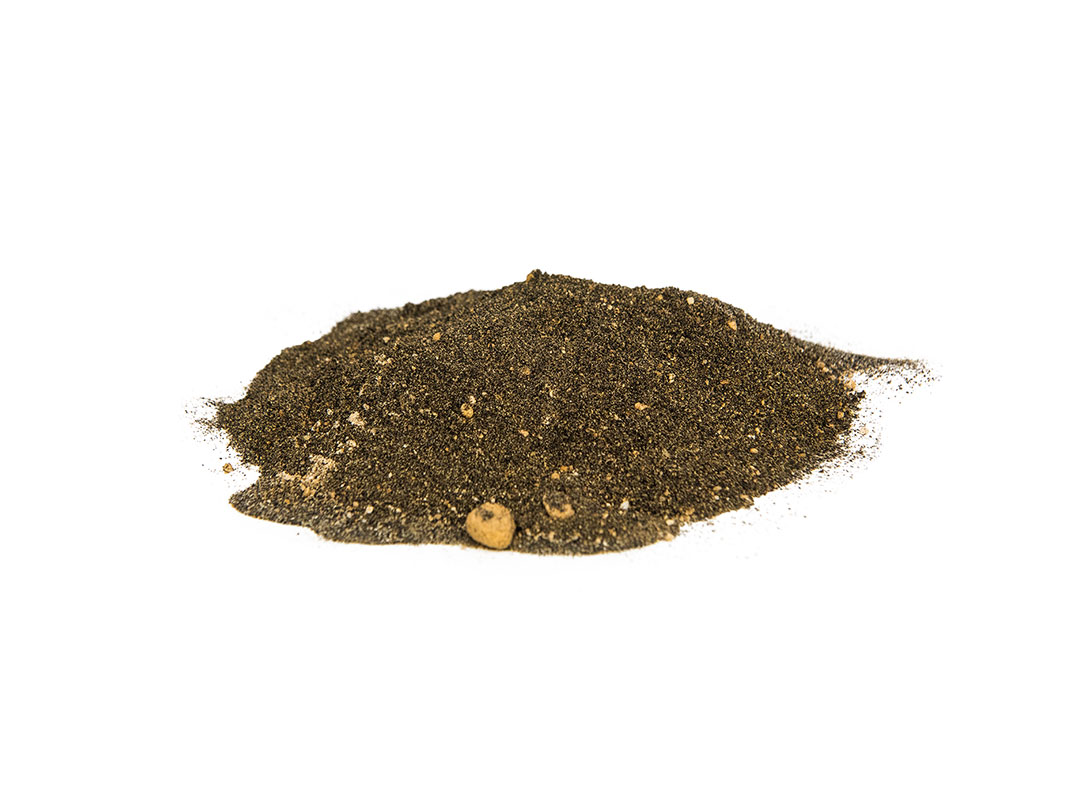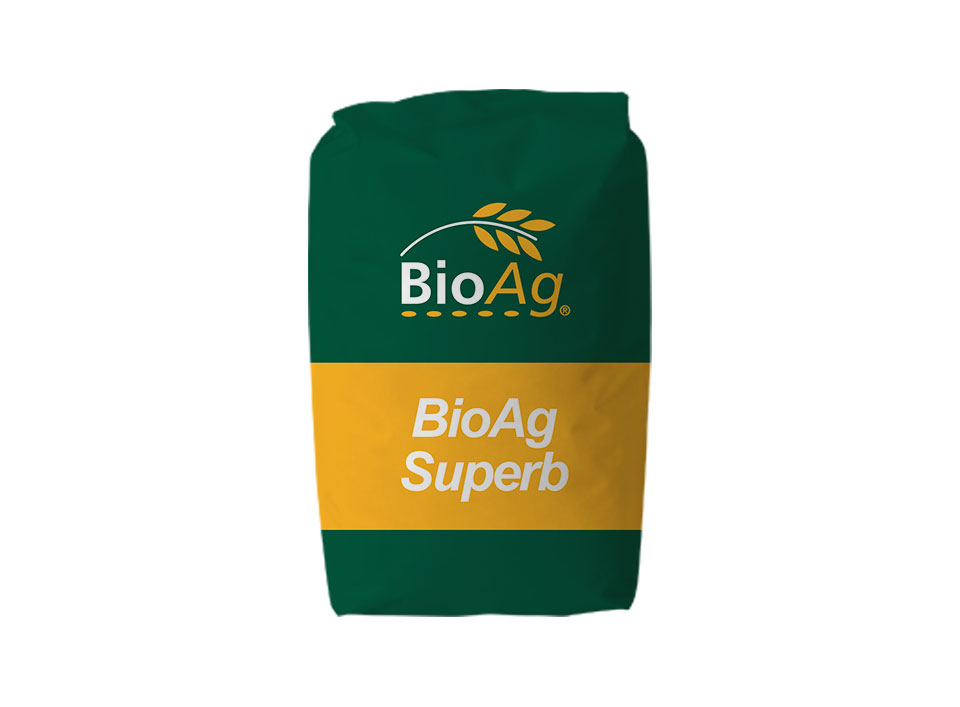
BioAg Superb
Incorporates calcium sulphate in the form of gypsum in BioAgPhos. Ideal for soils that need phosphorus, sulphur, and calcium, such as pastures and grazing, and for crops requiring extra sulphur, such as canola.
Phosphorus 8.4% | Sulphur 6.9% | Calcium 31.0%
Phosphorus 0% water-soluble and a minimum of 35% Citric Acid and 65% Formic Acid solubility. Immediate and sustained release phosphate fertiliser made from high-grade reactive phosphate rock, composted with BioAg’s proprietary phosphate digester. Combined with gypsum to provide additional calcium and sulphur in readily available forms.
- A natural and sustainable alternative to conventional fertilisers
- Annual and biennial applications are appropriate
- Reduces nutrient losses due to common issues such as leaching and lock up
- Safe for use on all areas, including waterways
- Small particles enable even distribution; beneficial given P is not mobile in soils
- Well suited to blending with ameliorants such as lime, gypsum, and compost
- Independent analysis shows that 100% of the phosphorus is bioavailable / plant accessible
- Can be applied at any time of the year
- BioAg Superb is a certified organic input.
BioAgPhos and all BioAg products based on Algerian Reactive Phosphate Rock contain less than 1% crystalline silica, and therefore are not classified as Crystalline Silica Substances (CSS) under Australian regulations.
To purchase
Contact your Area Manager today for a tailored plan.
BioAg Superb resources
Nutrients, such as calcium and magnesium, may be supplied to plants solely from reserves held in the soil. Others like phosphorus and nitrogen are added regularly to soils as fertiliser to be withdrawn as needed by crops. Since the 1950s, fertiliser and ameliorants have been spread using planes and more recently helicopters. In hilly and remote terrain this is common, allowing farmers better use of more of their land. While sometimes it isn’t easy to locate someone to do aerial spreading... ‘Doing things better’ is a key value for BioAg. This extends to building sustainability into our products and business processes through harnessing innovation and new technologies. Phosphorus (P) is one of the important nutrients for plant growth. It is vital for seedlings and young plants as it is a component of plant cells, essential for cell division and development of the growing tip of the plant.


